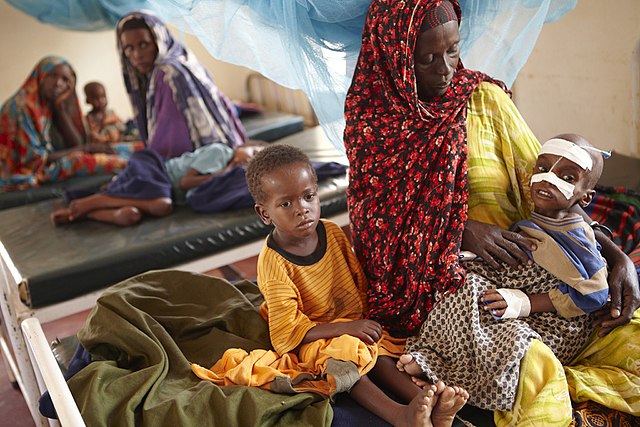Early marriage in Nigeria, like in many other parts of the world, is influenced by a complex interplay of cultural, social, economic, and religious factors. These factors can vary across different regions and communities within Nigeria. Here’s an overview of the cultural factors behind early marriage in Nigeria:
1. Tradition and Custom:
- Traditional customs and practices often play a significant role in early marriages. Some ethnic groups in Nigeria have deep-rooted customs that promote early marriage as a way to preserve cultural identity and family honor.
2. Gender Roles and Expectations:
- Traditional gender roles and expectations in Nigeria can lead to early marriage. Many communities adhere to patriarchal norms, where girls are expected to marry at a young age and fulfill traditional roles as wives and mothers.
3. Economic Factors:
- Economic considerations also influence early marriages. Families in impoverished areas may marry off their daughters early to reduce the financial burden on the family and to secure dowry payments.
4. Poverty:
- Poverty is a significant driver of early marriage in Nigeria. Families facing economic hardship may see early marriage as a way to provide for their daughters’ well-being and future.

5. Family Honor:
- The concept of family honor is essential in many Nigerian cultures. Marrying off daughters at a young age is seen as a way to protect the family’s reputation and ensure their daughters’ chastity.
6. Religious Beliefs:
- Religion can also be a factor, as certain religious interpretations promote early marriage. In some cases, religious leaders may encourage or condone early marriage.
7. Education:
- In some regions, limited access to education, particularly for girls, can contribute to early marriages. Families may prioritize marriage over education due to traditional beliefs or lack of educational opportunities.
8. Social Pressure:
- Social pressure to conform to cultural norms can influence parents’ decisions to marry off their children early, especially daughters. The fear of social stigma can be a powerful motivator.
9. Fear of Moral Decay:
- In some communities, there is a concern about moral decay and the fear of premarital sex, leading to early marriage as a solution to control and monitor the behavior of young people.
10. Limited Legal Enforcement:
- The legal age for marriage in Nigeria is 18 for both males and females, but enforcement is often weak, and customary practices may allow marriages below this age.
11. Rural-Urban Divide:
- There can be differences in early marriage practices between rural and urban areas. Urbanization tends to be associated with more modern attitudes, including delaying marriage.
12. Changing Attitudes:
- Despite the prevalence of early marriage, attitudes are gradually changing, especially among younger generations in urban areas who seek more autonomy in choosing their spouses and delaying marriage to pursue education and careers.
Addressing early marriage in Nigeria requires a multifaceted approach that takes into account these cultural, economic, and social factors. Efforts should focus on improving access to education, raising awareness about the negative consequences of early marriage, empowering women and girls, and working collaboratively with communities and religious leaders to promote positive change and gender equality.









